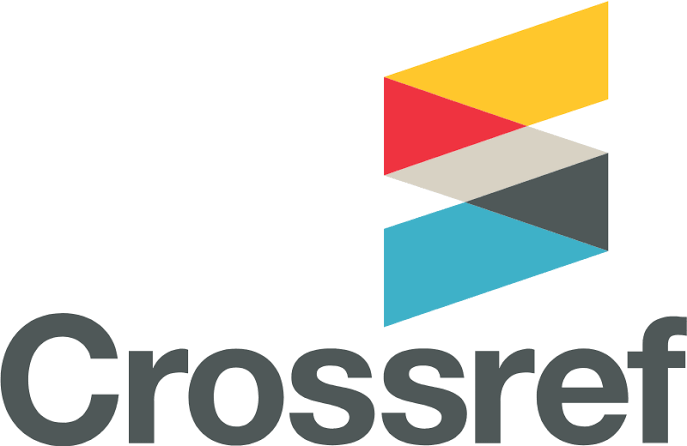PROMOTION OF CIRCULAR ECONOMY PROGRAMME IMPLEMENTATION IN NIGERIAN SCHOOOLS: IMPLICATION FOR GUIDANCE AND COUNSELLING
DOI:
https://doi.org/10.59795/m.v7i2.151Keywords:
Circular Economy, Guidance and counselling teachers, Implementation, SchoolsAbstract
The paper examined the roles of guidance and counselling teachers in the implementation of circular economy in the Nigerian schools. Employing secondary data from both online and print publications, the paper concluded that guidance and counselling teachers are playing critical role in promoting the teaching and learning of circular economy principles, as they are able to provide guidance and support to students, educators, and school administrators. Through their expertise and knowledge, these teachers are able to effectively integrate circular economy concepts into the curriculum, create innovative teaching methods, and foster a culture of sustainability within the school community. Based on the findings, the paper recommends that the government should create special roles for the guidance and counselling teachers in the schools on the implementation of the circular economy because their involvement are critical for the success of the implementation of circular economy in the schools in Nigeria.
Downloads
Published
How to Cite
Issue
Section
License
Copyright (c) 2025 Multi-Disciplinary Research and Development Journals Int'l

This work is licensed under a Creative Commons Attribution-NonCommercial-NoDerivatives 4.0 International License.












